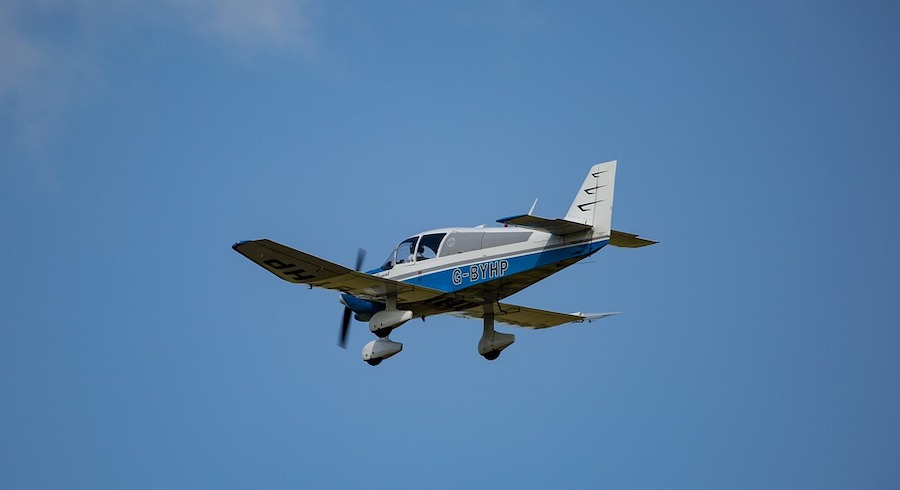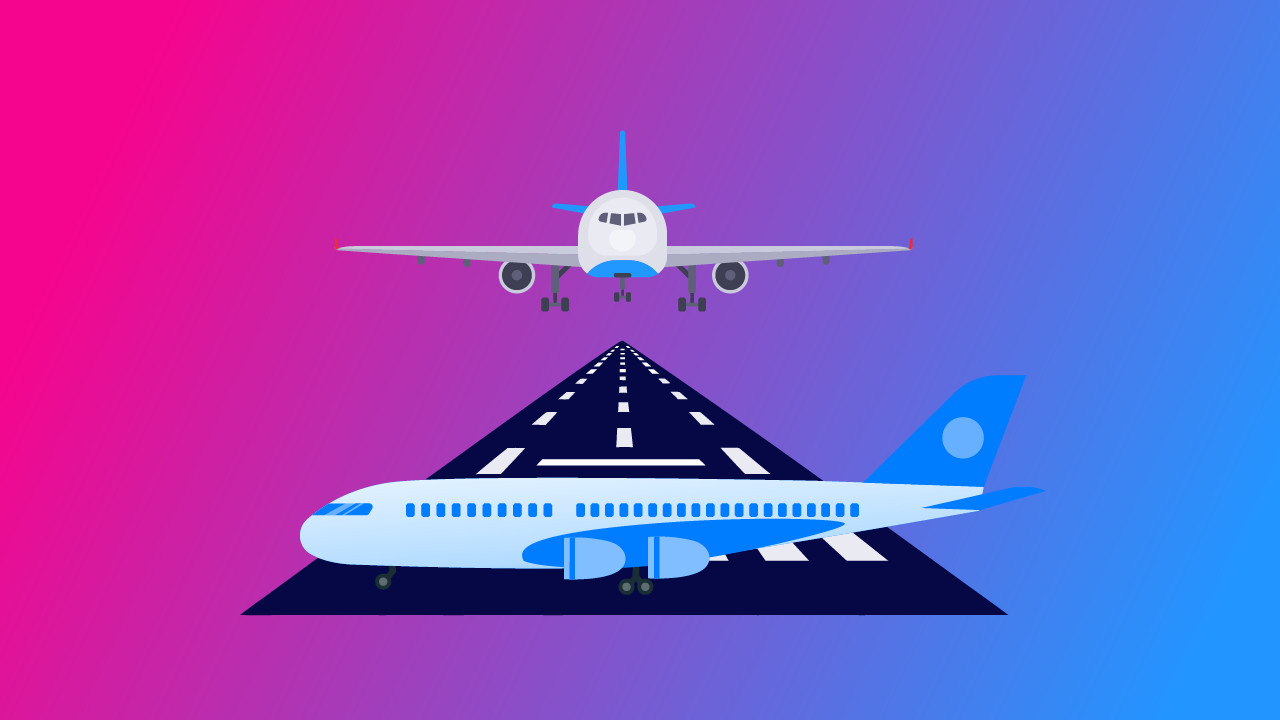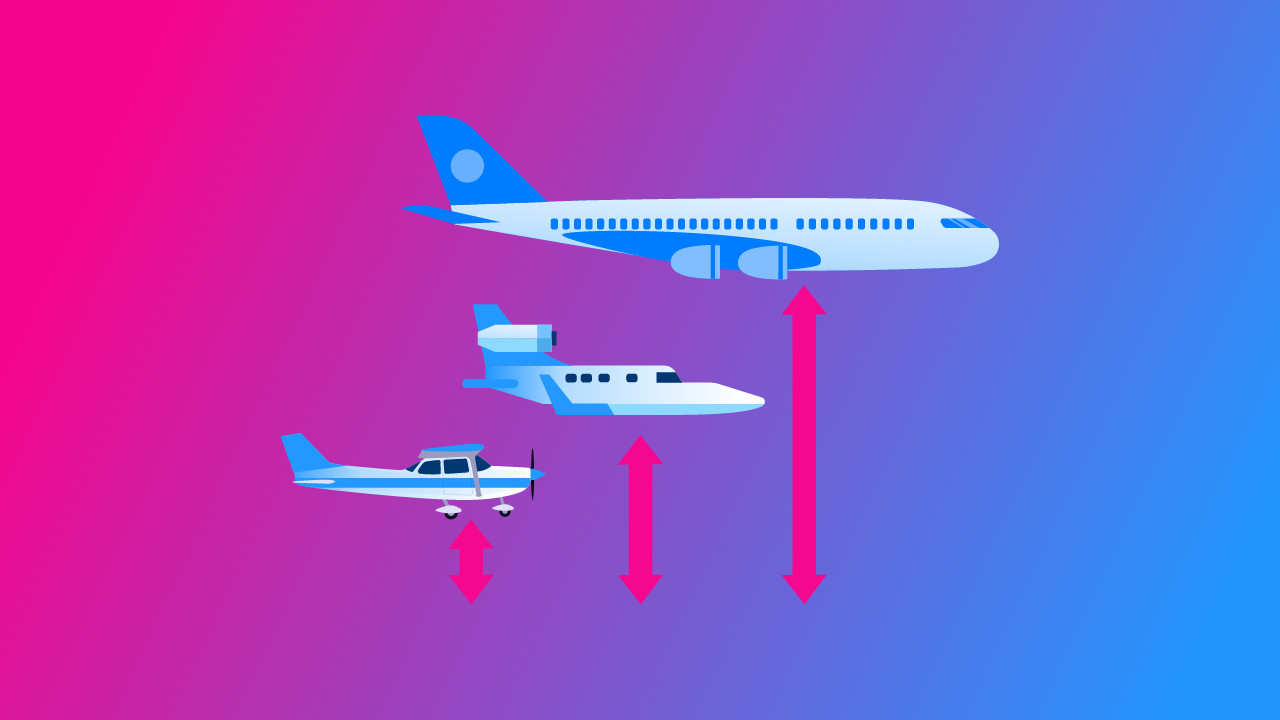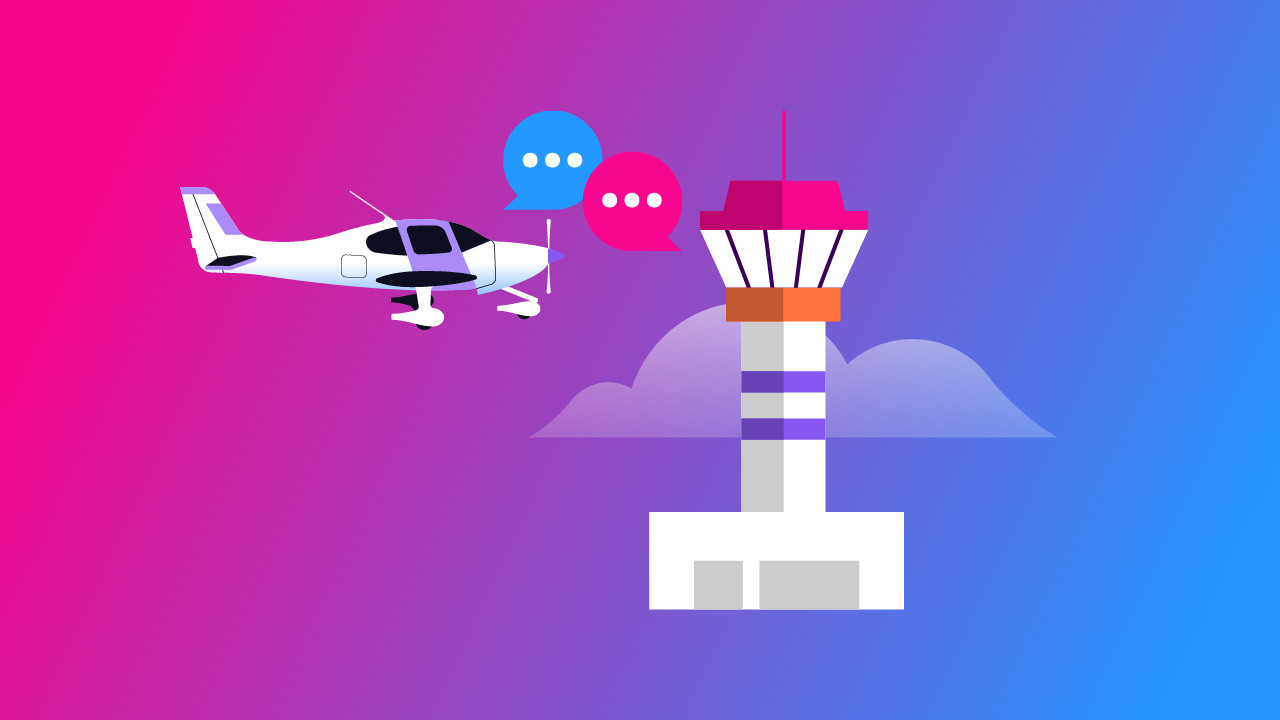-
How to become a private pilot
-
What types of aircraft can you fly as a private pilot?
-
Age and medical requirements for a private pilot
-
What sort of flying is a private pilot able to do?
-
What type of flying is forbidden for a private pilot?
-
Is becoming a private pilot worth the time and expense?
-
Can anyone become a private pilot?
A Private Pilot is an individual who holds a Private Pilot’s license (PPL), also known as a Private Pilot’s Certificate. This means the person is able to fly as the Pilot in Command of an aircraft, but only for pleasure, but not for remuneration, unlike a holder of a Commercial Pilot’s license (CPL) or Air Transport Pilot’s License (ATPL).
So let us take a look at what being a private pilot means in practice, how you are able to become one, what the license allows you to do, and other related questions.
How to become a private pilot
If you want to be a private pilot you have to undertake a fairly long course of training in both flying and related theoretical subjects.
The license requirements are decided by the International Civil Aviation Organisation (ICAO). They vary slightly from country to country, but in the US you need to undertake at least 40 hours of flying time including 10 hours of solo flying, and also complete a solo cross-country flight. You also have to pass a number of written exams – usually called ‘ground exams’ – and successfully demonstrate both your flying skills and theoretical knowledge to an examiner during a test.
However, the words ‘at least’ are very important here. Many people take more than 40 hours to complete their PPL training, often a great deal more. There are a number of reasons for this. While innate ability is obviously important, the time taken is also affected by the quality of instruction, the amount of time between flying lessons, weather related issues, and the type of aircraft on which you are learning to fly.
It is said that the average number of hours required is 60-70, but it is by no means unknown for individuals to require flying hours of well into three figures. But if you turn out to be one of these people, do not worry. The amount of time taken to learn to fly bears little relationship to how good a pilot a person becomes after completing their training.
What types of aircraft can you fly as a private pilot?
When thinking of becoming a pilot, most people only consider learning to fly an airplane. But you can become a private pilot for a number of other flying machines too. Perhaps you should consider helicopters, balloons, gliders, or gyroplanes (also called autogyros or gyrocopters). And airplanes can be single engined or have more than one engine, and land on either land or water (seaplanes). So there is a great deal of choice.
A license for one type of aircraft may permit you to fly others, but it may not. It all depends on what type of aircraft are involved, and which type you can already fly. So if you get a PPL for an airplane, and then want to fly a helicopter or glider, you will need to look at what extra training will be required.
Age and medical requirements for a private pilot
The minimum age for the issue of a PPL is 16 for balloons and gliders, and 17 for powered flying machines, ie airplanes, helicopters, and gyroplanes. However, you can begin training at any age, and can solo balloons and gliders from age 14, and powered aircraft from age 16.
There is no maximum age at which you have to stop flying. Indeed, some people gain their PPL after retirement, when they have the time and money they did not have at a younger age. Often flying is the fulfillment of a lifetime ambition. Learning at age 60 or above is not uncommon, and I have even heard of 80 year olds learning to fly and getting a PPL. The only thing you need to be able to do is fulfill the medical requirements.
To become a private pilot you have to pass a physical examination administered by a doctor who is FAA authorized. There are three classes of medical examination, but private pilots only need a class three exam; the others are for professional pilots. You will need to undertake these medical exams at intervals after you have your PPL, the exact time between medicals depending on your age.
There are a few serious medical conditions which will preclude you from flying; examples are bipolar disorder and coronary heart disease. But most common conditions which people worry about, such as shortsightedness, are not a problem. Of course, medical conditions become more common as people get older, so in the end it is often medical issues which prevent older people from flying. But this rarely occurs before the age of 60-70, or even later.
What sort of flying is a private pilot able to do?
A private pilot is only permitted to fly for pleasure and relaxation. You are not allowed to make money out of flying. Private pilots are permitted to take passengers, and there is no limit to the number of passengers you can carry – so long as your plane is large enough of course! So you can take the family on a trip, fly over your house, or give someone a great view of the mountains. However, unless you have an instrument rating, which requires extra training, you will be restricted to flying in good weather.
As already stated, you are not allowed to be remunerated as a private pilot. But there are some small exceptions to this rule. Your passengers are allowed to contribute towards the cost of the flight, which can make it significantly cheaper for you. You can also get paid for a few aviation related activities such as towing gliders or selling aircraft. And, depending on your job, you may be able to use a plane for business. A PPL may also put you in a good position to become an instructor for ground school, although it is not actually a requirement for doing so. You are also allowed to undertake flights for charity.
You can also fly in other countries, and learn to fly different types of aircraft. Most people learn on single engined aircraft, but you can undertake training for aircraft with more than one engine, or different types of aircraft such as seaplanes.
So there are many more activities that you can undertake as a private pilot than perhaps will be obvious at first. Many new pilots don’t look beyond doing local flights in their home area. This is fine in the beginning, when you are new to flying and need to gain more experience. But this can quickly become boring, and you will want to do more.
What type of flying is forbidden for a private pilot?
Basically, you are not allowed to earn a living from flying, or make any kind of profit from it. If you wish to do that, you will need a CPL and/or ATPL. These will require a great deal of further training. But every year, people who thought they just wanted a PPL decide that they want to go further. So it is by no means impossible, even if you are beyond the usual age for undertaking a new career.
Is becoming a private pilot worth the time and expense?
Flying is not cheap, though it may not be as expensive as some people expect. It is also fairly time consuming. Also, there is little point in gaining a PPL and then flying rarely or never. Your acquired skills will soon degrade, and you will be unable to fly safely. If you fly very rarely it is not even much fun, as you will find it extremely hard work and rapidly lose confidence in your own abilities. So being a private pilot requires a degree of time and commitment, even after gaining your license.
So is it worth it? Naturally, this depends on the individual, but huge numbers of people think it is! Having a PPL gives you a massive amount of freedom, that most people just do not have. You can visit places you may only have dreamed of. Even just ‘boring holes in the sky’ as pilots sometimes describe local flights, can give you a great sense of wonder, and be a most enjoyable way to spend your free time.
You can also go further and learn to fly different aircraft, as already stated., or perhaps get an instrument rating, or take up aerobatics if flying upside down appeals to you. They say the sky is the limit, but when you are a private pilot, even the sky is not the limit!
Can anyone become a private pilot?
The answer to this is ‘almost anyone’. If you can learn to drive a car, the chances are that you can learn to fly an airplane. Of course, there are a few people who can never pass a driving test, and there are probably about the same number of individuals who can never get a PPL. And, as stated above, there are a few medical conditions which will not permit you to fly.
But generally, anyone can become a private pilot, if they are willing to put in the time and effort required to get a license. So…what are you waiting for?



